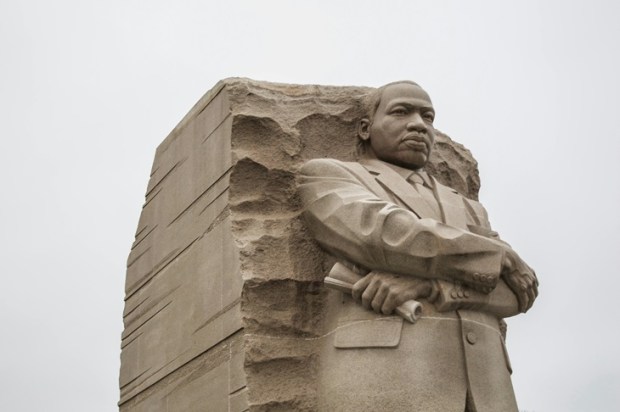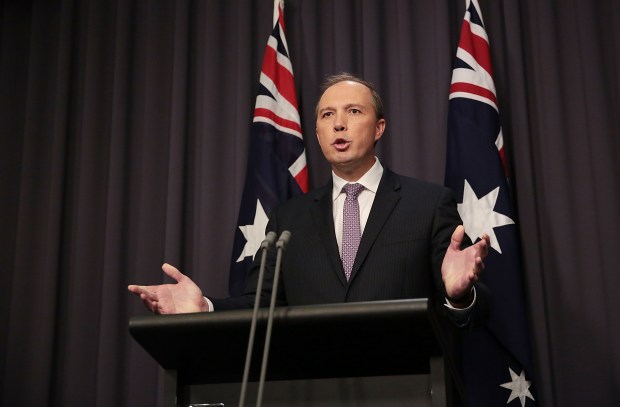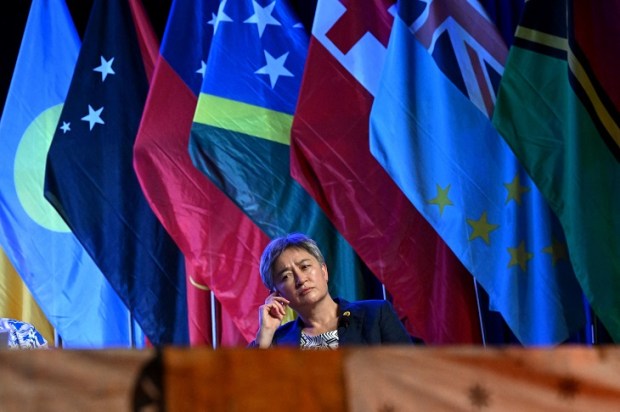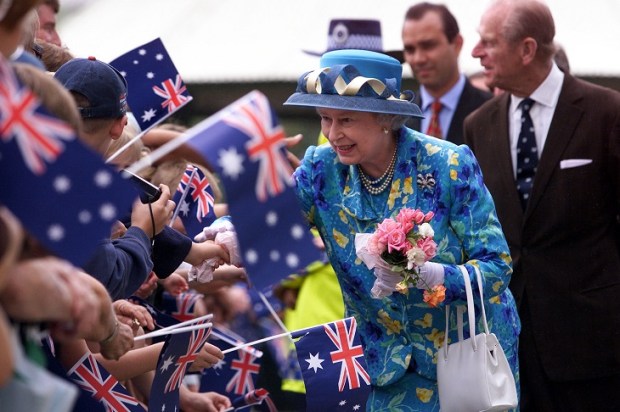September 16, 2023, will mark 48 years of independence for Australia’s nearest neighbour – Papua New Guinea (PNG). And, by smaller measure, 29 years since the scholar James Q Wilson’s landmark article – featured in New York’s Commentary magazine – What to do about crime. Wilson himself was a landmark scholar – a recipient of the Presidential of Freedom under President George W Bush, and additionally authoring the famous ‘Broken windows’ theory of crime with the late George L Kelling.
This odd mashing of historical events becomes relevant when examining PNG’s horrific recent transmissions of crime and violence. A recent front-page image in The Australian of four bodies being dragged behind a Toyota pick-up truck in PNG’s Enga Province – results of brutal ongoing Highlands tribal violence – skims the surface on a range of major and long-unravelling law and order breakdowns in PNG.
Some reports note that PNG now possesses the second highest crime rate in the world, punctuated by consistent travel warnings listing random crime, murder, rape and kidnapping, in addition to tribal violence that ‘can quickly escalate and lead to widespread destruction of property, disruption of normal services and serious injury’. Such is the state of PNG’s affairs that some long-serving MPs are calling for targeted Australian security assistance and intervention – a call that should not be lightly brushed aside.
Decades since PNG’s independence in 1975, it is notable that Wilson’s assessment of the United States in 1984 arguably runs parallel with PNG in 2023.
‘Prosperity, freedom, and mobility have emancipated people almost everywhere from those ancient bonds of custom, family, and village that once held in check both some of our better and many of our worst impulses,’ he observed, of the US at the time.
While destitution and hardship temper themes of ‘prosperity’ and ‘freedom’ in many parts of PNG, the tight kinship structure has certainly fragmented from exposure to globalisation and unique opportunities arising from a market economy.
Wilson also noted:
‘…the power of the state has been weakened, the status of children elevated, and the opportunity for adventure expanded; as a consequence, we have experienced an explosion of artistic creativity, entrepreneurial zeal, political experimentation – and criminal activity.’
Unprecedented market-driven opportunities now exist in PNG, yet its ‘youth bulge’ is also now on full display (between 58 and 67 per cent of the population is under 25), with armed groups of young men often tagged to brutal violence and petty crime. Wilson observed that the ‘the peak ages of criminality are between 16 and 18’.
At the same time, the PNG state and its law enforcement apparatus have both weakened and stuttered backwards. PNG’s police force, for example, has not grown since independence in 1975, despite its population trebling from three to ten million, leaving almost one police officer for every 1,800 citizens – an impossible outcome for PNG’s constabulary, intensified by the challenges of reaching a population residing overwhelmingly in rural and remote areas.
Wilson, however, also noted the limitations of state-led law and order responses, specifically in the form of stiffer sentences – an outcome that PNG has attempted. ‘The more draconian the sentence,’ he wrote, ‘the less (on the average) the chance of it being imposed.’
In 2022, PNG scrapped the death penalty, which had been on its books since 1991. No executions were carried out and only 12 prisoners were on death row when the death penalty was abolished. There’s a wide consensus here that PNG’s tough penalties and the death penalty in particular – although existing on paper – have done little to curb crime. Yet care should also be taken here to consider a range of potential factors for this, such as likelihood of arrest – a point Wilson made – or even the chance of a conviction in such a brittle criminal justice system like that of PNG’s.
In terms of solutions, or at least what the future might hold, are there any parallels between the US and PNG? Wilson noted at the time that early intervention – versus ‘crime prevention’ — is a key factor for governments to consider.
‘The typical high-rate offender is well launched on his career before he becomes a teenager or has ever encountered the labour market,’ noted Wilson. ‘He may like basketball,’ citing the desire for governments to opt for activity-related prevention programs, ‘but who pays for the lights and the ball is a matter of supreme indifference to him.’ This has implications for youth intervention programs, not just in PNG but democracies everywhere.
Wilson also noted: ‘There are only two restraints on behaviour.’ One is the ‘law, enforced by the police and the courts’ and the other is ‘morality, enforced by individual conscience or social rebuke’. Morality enforcement, of course, cannot come from the state but emerges from families, communities, churches, workplaces and other social structures. Here, unfortunately, there is not a crystal-clear solution path, other than perhaps what I noted over a decade ago in the Fiji-based Islands Business – that norms can crumble in a market economy but new ones – and potentially more positive ones – can also take their place.
Wilson further cited the importance of more targeted policing strategies that PNG has, in some part, adopted. When overwhelming violence emerges in one part of the country, as in Enga Province, for example, PNG’s police are deployed. Speaking frankly, one does not want to be on their receiving end when this occurs. The ongoing issue is one of police permanence, compounded by dwindling numbers. Permanence also creates a deterrent – a factor considerably limited in PNG due, again, to limited numbers. The aim of law enforcement in a highly violent context – or indeed anywhere – should be for the state to increase the costs of crime for belligerents while decreasing its benefits.
This is what Wilson noted, earning him the status of a contrarian thinker that ran counter current to observations of criminologists four decades ago. PNG’s law and order problems are well-known today. It might be prudent to apply a similar sophistication to law and order, especially as the nation approaches its half-century, and especially as many citizens depend on it.
Sean Jacobs writes at www.seanjacobs.com.au.

























